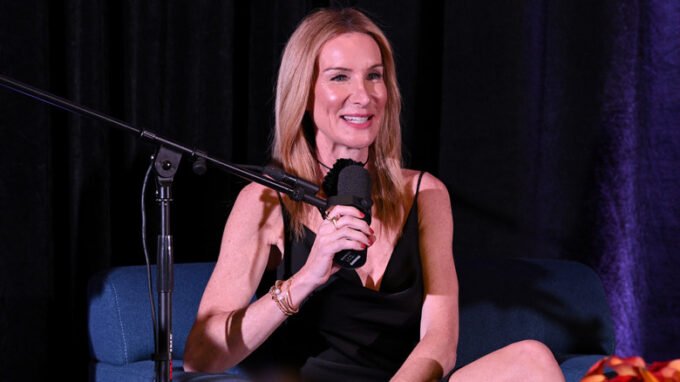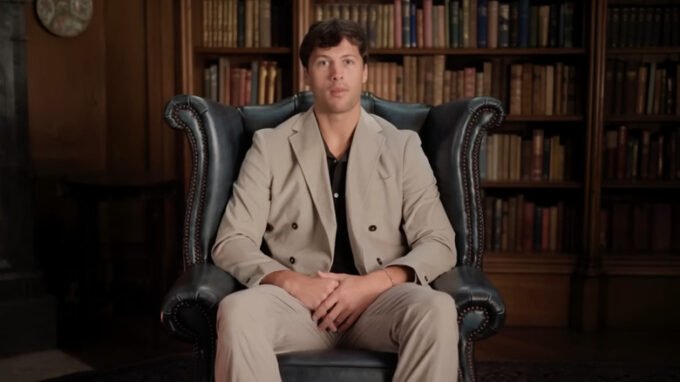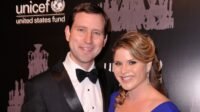There’s something about royals moving that always turns the ordinary into a small drama. Maybe it’s the attention, maybe it’s the feeling that a private street has been reclassified as public property overnight. Either way, when Prince William and Kate announced they would make a large Forest Lodge home their next base, people noticed — not least the families who suddenly had to find somewhere else to live. It’s the kind of thing that makes you pause and think: who moves for privacy, and who loses it?
I’ll say up front — I don’t love jumping to conclusions — but there’s a little friction here that feels worth unpacking. It’s not a sweeping moral judgment. Rather, it’s the messy human side of monarchy: decisions made at the top ripple down, and sometimes folks in the middle get nudged. Some will shrug; others are quietly annoyed. I get both positions. It’s a bit messy. That’s life, I guess.
The move and its practical fallout
In late 2025 the couple announced they’d be moving to an eight-bedroom mansion at Forest Lodge. The public reason hit the headlines quickly: a fresh start after Kate’s cancer treatment, a quieter place to regroup and parent. That explanation sits well with most people — health and family are straightforward to sympathize with. You can see why they’d want somewhere private, calm, and a little protected from the relentless press.
Also read: A Familiar Look: Fashion, Friendship, and Rumor Around Rose Hanbury
But the practical side of this decision is less tidy. Two families who were renting cottages near Forest Lodge were told they had to leave. These weren’t strangers squatting behind hedges; the cottages had been in use for some time and were converted stables on Crown land. The tenants were reportedly surprised by the notice and were offered alternative housing in the Great Park area. Which, yes, is a consolation. It’s also not the same thing as being told, “Oh, by the way, you need to pack up and go.”
It’s easy to see why officials would prefer the area close to a royal residence to be tightly controlled. Nobody wants random pedestrians or tourists wandering too close when there are young children in the household. That argument is sensible. But it leaves a personal cost: people who had established routines and lives in those cottages were asked to uproot, and that doesn’t sit perfectly with the image of a family quietly seeking privacy.
I’ll admit: I feel a twinge of sympathy for both sides. If I were the royal family, I’d want safety and space too. If I were the renters, I’d be irritated to be moved on short notice. It’s not a complex moral puzzle — just human inconvenience layered over institutional power.
Privacy, perception, and who pays
One detail that complicates the story is money. Reports say William and Kate are covering the costs for the move, the rent, and renovations — not drawing on public funds. That’s important; it’s meant to show they’re trying to do the right thing, paying privately where possible. The public noticed this and, predictably, compared it to other recent royal controversies, like taxpayer money used for renovations elsewhere. That comparison got heated for a while. People like neat contrasts: privately funded move here, taxpayer-funded refurbishments there. It’s tidy — but doesn’t capture everything.
Even if the couple foots the bill, the question of power lingers. Saying “they paid for it themselves” addresses one set of concerns, but it doesn’t entirely resolve the discomfort some neighbors feel about being asked to leave. Financial compensation doesn’t always erase the sense of being displaced. There’s a social element here — the feeling of being bumped out to preserve a bubble — and that’s what’s stuck in some people’s craw.
At the same time, others in the neighborhood seem pleased. Plenty of locals describe the royals as good neighbors in principle; some said they were looking forward to having William and Kate nearby. It’s kind of a mixed bag: a blend of goodwill, curiosity, and a whisper of resentment. Human reactions aren’t uniform, which makes sense. I think the British public has always had this odd mix of reverence and skepticism about the monarchy.
A less private spot, and what that means
There’s also another wrinkle: some residents say the Forest Lodge location is less private than where the couple lived before. That surprised me a bit. If you move to avoid attention, you’d expect the new place to be quieter, right? Apparently not always. One local even voiced worry that the new spot might become a destination for passersby who want to point and say, “That’s where they live.” That could erode the very privacy the couple sought.
Also read: Marla Maples, 61, Flaunts Looks — Trying to Hide Age or Just Loving Life?
So the move is paradoxical in a small way: chosen for privacy, yet possibly less private in practice. Add to that the disturbance of nearby residents being relocated, and you get a messy little story about trade-offs. It’s not a scandal; it’s just human systems bumping up against each other.
All this is to say: the move highlights the awkward balance between public duty and private life. Royals will always attract attention. Neighbors will always want normalcy. When those two aims clash, someone ends up making a compromise — sometimes willingly, sometimes not. There’s no clean resolution here, and maybe there shouldn’t be. Life is rarely neat, especially around institutions that have been around longer than many of the neighborhoods they sit in.
In the end, most people seem to be taking it in stride. They’re curious, a little annoyed, and a bit fascinated. Me? I’ll watch how it unfolds, partly because these moments reveal more than the simple facts: they show how people feel about privilege, privacy, and what it means to live near a symbol as loaded as the royal family.










































Leave a comment